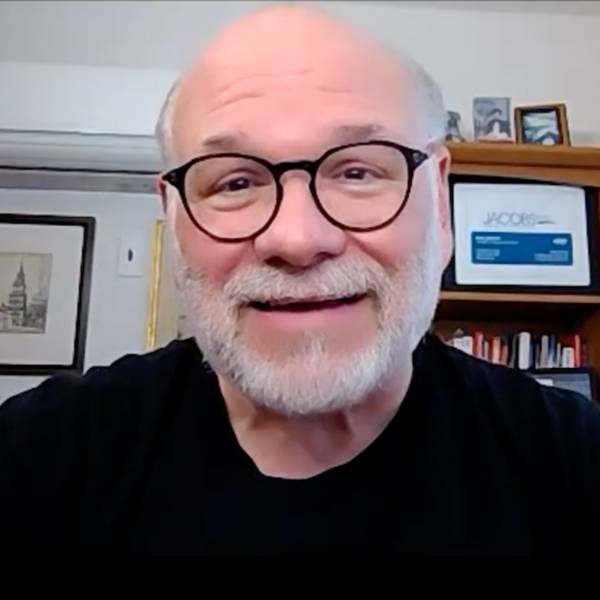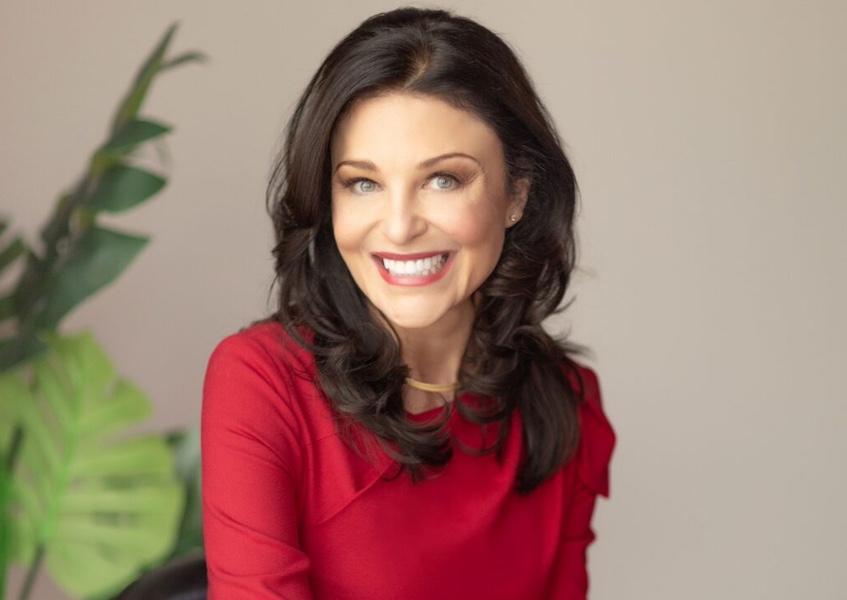Comms Exec Catherine Hernandez-Blades on Leading Through Values
By Ken Jacobs
March 2024
She now serves as a Global Advisory Board Member for the World Communications Forum Davos.
Hernandez-Blades earned her bachelor’s degree in mass communications from the University of Louisiana at Lafayette. Since then, she has received numerous awards and accolades, including receiving two Silver Cannes Lions awards in 2019 and being named among Forbes’ Top-50 Most Influential Global CMOs the same year. All opinions expressed here are her own.
In hindsight, 2023 was not a stellar year for the communications industry. What leadership skills did you most tap to get you, your team and your organization to manage this?
You’re right — 2023 was filled with challenges, on the heels of a multiyear, global pandemic. We’ve all learned a lot through both experiences. We learned about leading through ambiguity and adversity.
Hopefully, we also learned to lead with greater empathy and use our creativity to remove not only the traditional workplace barriers with which we are all familiar but also the nontraditional obstacles that those on our teams are facing.
Early during the pandemic, one young mom on my team explained how much her life had changed, noting that she had gone from working mom to working Mom with so many other duties while balancing a host of other responsibilities.
That drove home to me the point that, as leaders, we need to take care of our people in new, different, and highly nontraditional ways. Creative problem-solving is essential, but never more so than when circumstances are at their most difficult.
It all starts with listening. Identify the real issues and then tackle them one by one. In the earlier example, I repurposed a “use it or lose it” travel budget to send a meal to everyone on my team once a week. It may be a small thing, but it allowed me to take one thing off their proverbial plates.
For example, I had heard that people were interested in feeling a greater sense of connection. So I moved all-hands meetings from once a quarter to twice a month, inviting other CCOs and CMOs to Zoom into the meetings and hold information sessions.
Hearing those outside voices was probably one of the best things we did as a team during that time. I hope it was a great experience for our guests, as well.
What was the most difficult moment in your leadership career, and how did you get through it?
There have been many, but the ones that adversely impacted people and their families were the most difficult. All are challenging but in different ways. The one constant that has helped me is the importance of connecting to values.
Transparency and treating people with dignity and respect are important values to me. When circumstances go beyond an employee’s control, like the illegal actions of one individual, or when a business underperforms, it’s important to be upfront and honest, while leaning into your personal value system and acknowledging the accurate facts that led up to the actions to the extent possible.
Reorganizations resulting in downsizing due to poor business performance are also extremely difficult. When faced with this situation, I’ve done what I can to provide networking opportunities and exceptional references to those impacted and to offer the maximum packages the company would allow to help those in this situation to have softer landings.
Most important, it’s key that everyone understands that reorganizations are not performance related and acknowledges the outstanding contributions of the individual to the organization.
The bottom line is that by leading with values and doing the right thing where people are concerned, not only do individuals benefit, but the business does, as well.
A few years ago, you contributed to the book “Business Acumen for Strategic Communicators.” How can today’s PR managers increase their business skills and become leaders?
My section [of the book] was about understanding how money is made in the business. I spent half of my career embedded in business units before moving to corporate C-suites. My experiences in the businesses have informed my business acumen as much as my corporate roles, and in some cases, even more. As communicators, we benefit from both.
If you have a chance to assume responsibility for a P&L, you should do it. Today, more and more of those in our field are expanding into these types of roles. From Joan Wainwright to Stacey Tank, and even me, more and more of us are achieving great success running revenue-generating operations. Being responsible for a P&L provides an entirely different perspective and, while out of one’s comfort zone, an opportunity to learn and grow.
My advice is to attend all the meetings — operations, financial and functional — and learn everything you can about all aspects of the business, including business development and strategy. Leverage your organization’s matrix to grow your skills. Ask for coaches, both senior to you and your peers, from every aspect of the business. Practice connecting the dots.
Communications pros are uniquely positioned to do this because we touch every aspect of our organizations.
If you could go back, knowing what you know now, what leadership advice would you give yourself as a recent college graduate?
Based upon all these experiences, I would tell myself that it’s important to celebrate the successes and appreciate them in the moment, rather than constantly looking ahead to the next success. Otherwise, you risk losing out on so many experiences. It’s also important to make sure you learn lessons when things don’t go according to plan.
I would also tell myself that everything is about choices. There will be many times when the demands of the work you have chosen feel more urgent than those at home — and more often than not, work will win. These are not jobs; they are lifestyles. Prepare for the guilt that comes with it.
I’m so grateful to have a husband who is understanding and supportive. Bryan and I just celebrated our 29th wedding anniversary in December. In terms of choices, on this one fortunately, I chose wisely.



